
OR
Dengue is down but not out, warn doctors
Published On: November 30, 2022 10:00 AM NPT By: Harshita Agrawal
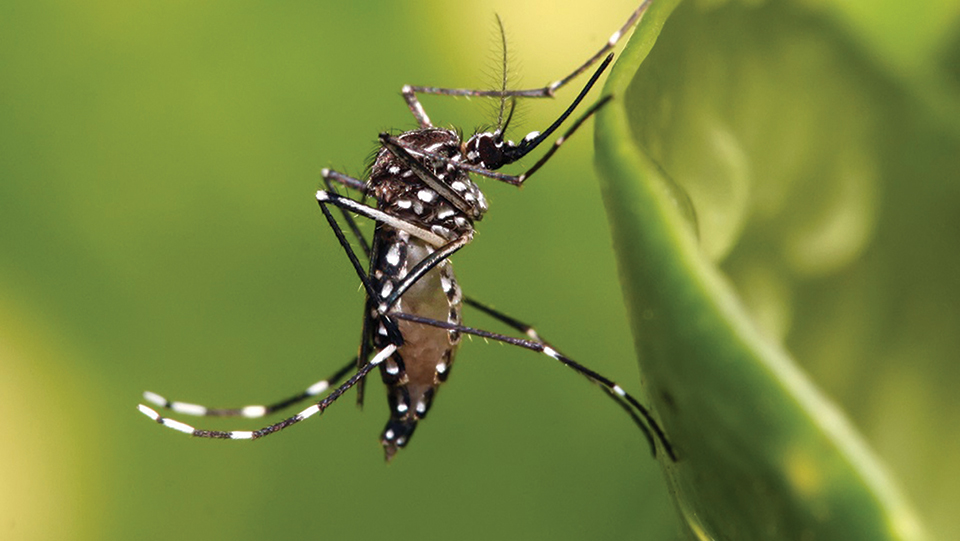
KATHMANDU, Nov 29: With the onset of the winter season, the risk of the dengue infection in the Kathmandu Valley has decreased significantly. The drop in the temperature means that the mosquitoes that spread dengue cannot survive and thus pose less risk to human health.
But does that mean the dengue epidemic is over? Doctors say, “No, not yet!”
Nepal reported this year’s first case of dengue in January. The country began experiencing a surge in the cases of this viral infection from the week commencing August 8 to August 26, according to the World Health Organization (WHO).
According to the Ministry of Health and Population (MoHP), a total of 52,557 dengue cases have been reported so far, with Bagmati Province reporting the highest number (40,747) followed by Lumbini Province (4957), and Province 1 (2,152) as of November 20, 2022. The data compiled by the WHO-Nepal shows that the viral infection has claimed the lives of 38 people so far.
Dengue cases were at peak in Nepal in the months of September and October, taking the total cases of infection well over 20,000. “The cases of dengue have significantly come down as compared to the past with the arrival of the winter season. But this does not mean that the dengue infection is already over,” said Virologist Sher Bahadur Pun at Sukraraj Tropical and Infectious Disease Hospital.
According to Dr Pun, dengue was first reported in Nepal in 2004. But this did not create havoc as the infection rate was low. It was in the year 2019 that there was the first large outbreak of dengue in Nepal. First detected in the eastern town of Dharan, the dengue infection spread to almost all districts of Nepal.
The outbreak of dengue in 2022, however, broke all the past records including that of 2019. “Dengue cases were at their peak. The cases of dengue spread to all 77 districts of Nepal” said Dr Pun.
There are four types of dengue virus, namely DENV-1, DENV-2, DENV-3 and DENV-4. Doctors say there are no specific reasons that cause the dengue infection. However, the dengue infection is common and occurs during the post monsoon season.
Doctors say the dengue infection this year started a bit earlier. “The reason behind this could be either excessive rainfall or garbage piled up on the streets across the Kathmandu Valley [as a result of the protests launched by locals at the Sisdol landfill site],” Dr Pun further said. “There are no specific factors that trigger a dengue outbreak.”
Dengue may get worse next year
Virologists believe that there are chances that the dengue infection will increase sharply in 2023 as the Aedes mosquitoes, which can cause dengue, must have laid their eggs, and by next year, the number of mosquitoes that spread dengue will be quite high. “The government should try to destroy such mosquitoes before they start infecting people,” cautioned Dr Pun.
Dengue mosquitoes are generally active from morning till two hours before sunset. Although there are no certain ways to avoid the dengue infection, people can take precautions such as wearing full-sleeve clothes, drinking as much water as possible and keeping doors and windows closed to avoid mosquito bites. Doctors advise people to open windows as soon as the sun rises as this helps to drive out mosquitoes, if any, present in the room.
You May Like This

Risk of dengue infection to last one and half months more
KATHMANDU, Sept 24: Experts have pointed out that the dengue infection that started last June has not come under control... Read More...

Dengue 'out of control' in Pokhara
POKHARA, Sep1: As many as 439 people have been affected by Dengue in Pokhara and more are in the counting, according... Read More...

60 dengue-infected in a ward; massive 'search and destroy' campaign in place
HETAUDA, Aug 14: With the dengue outbreak turning to an epidemic in Hetauda, the capital city of State-3, a 'search and... Read More...



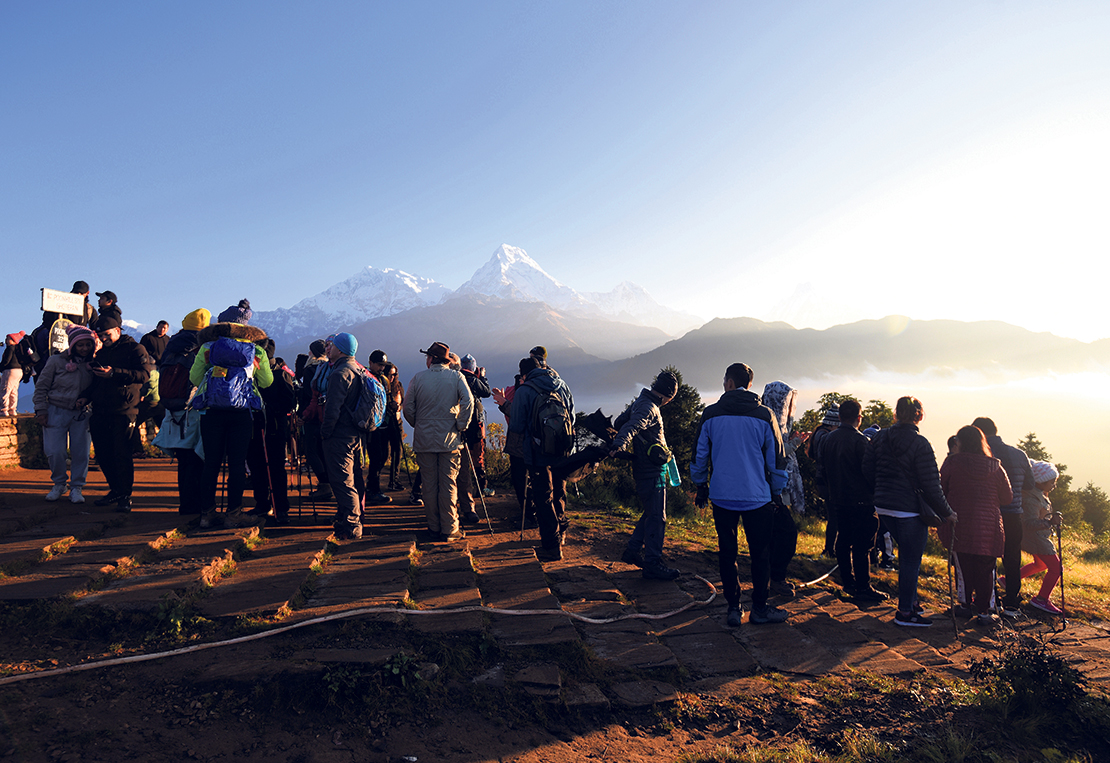

Just In
- Godepani welcomes over 31,000 foreign tourists in a year
- Private sector leads hydropower generation over government
- Weather expected to be mainly fair in most parts of the country today
- 120 snow leopards found in Dolpa, survey result reveals
- India funds a school building construction in Darchula
- Exploring opportunities and Challenges of Increasing Online Transactions in Nepal
- Lack of investment-friendly laws raises concerns as Investment Summit approaches
- 550,000 people acquire work permits till April of current fiscal year








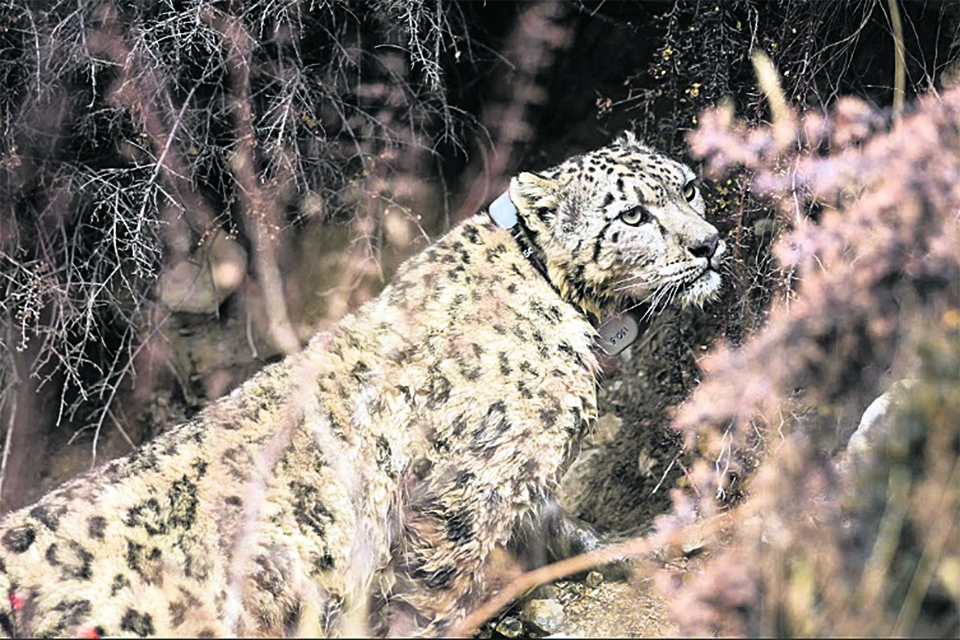
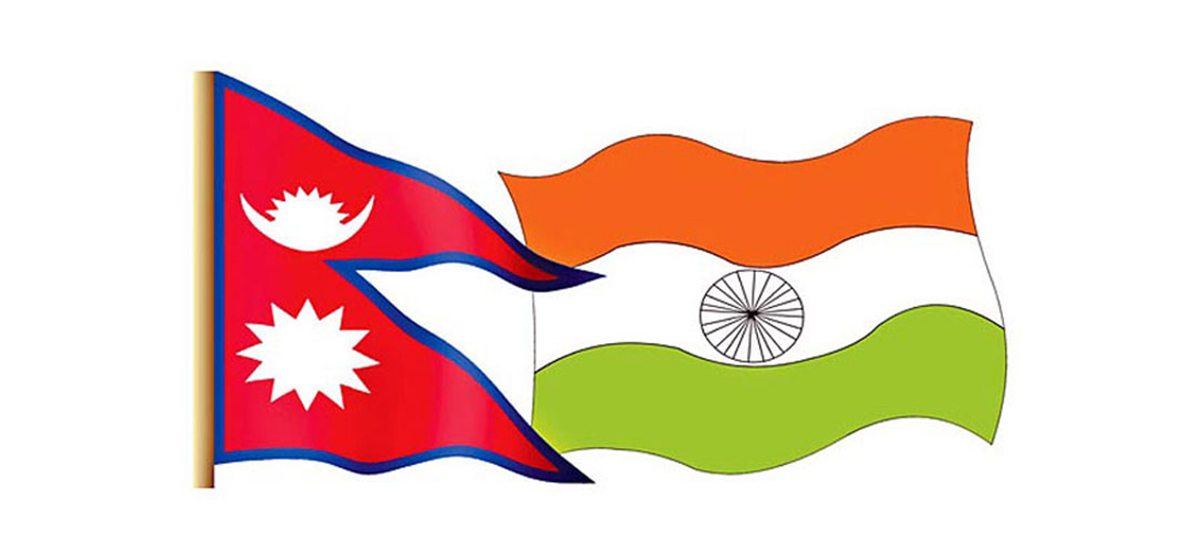

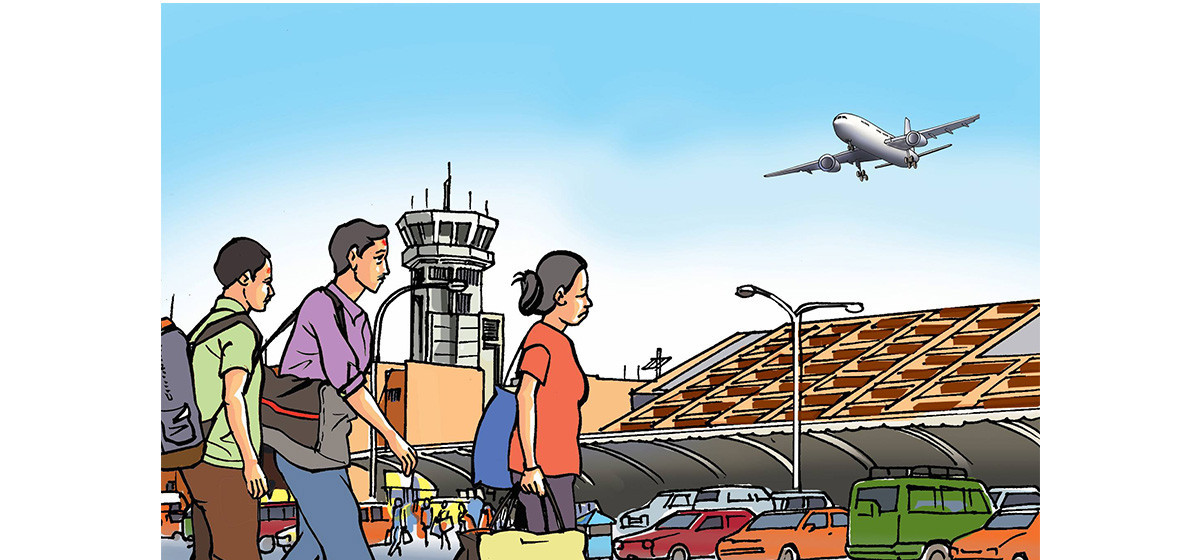

Leave A Comment